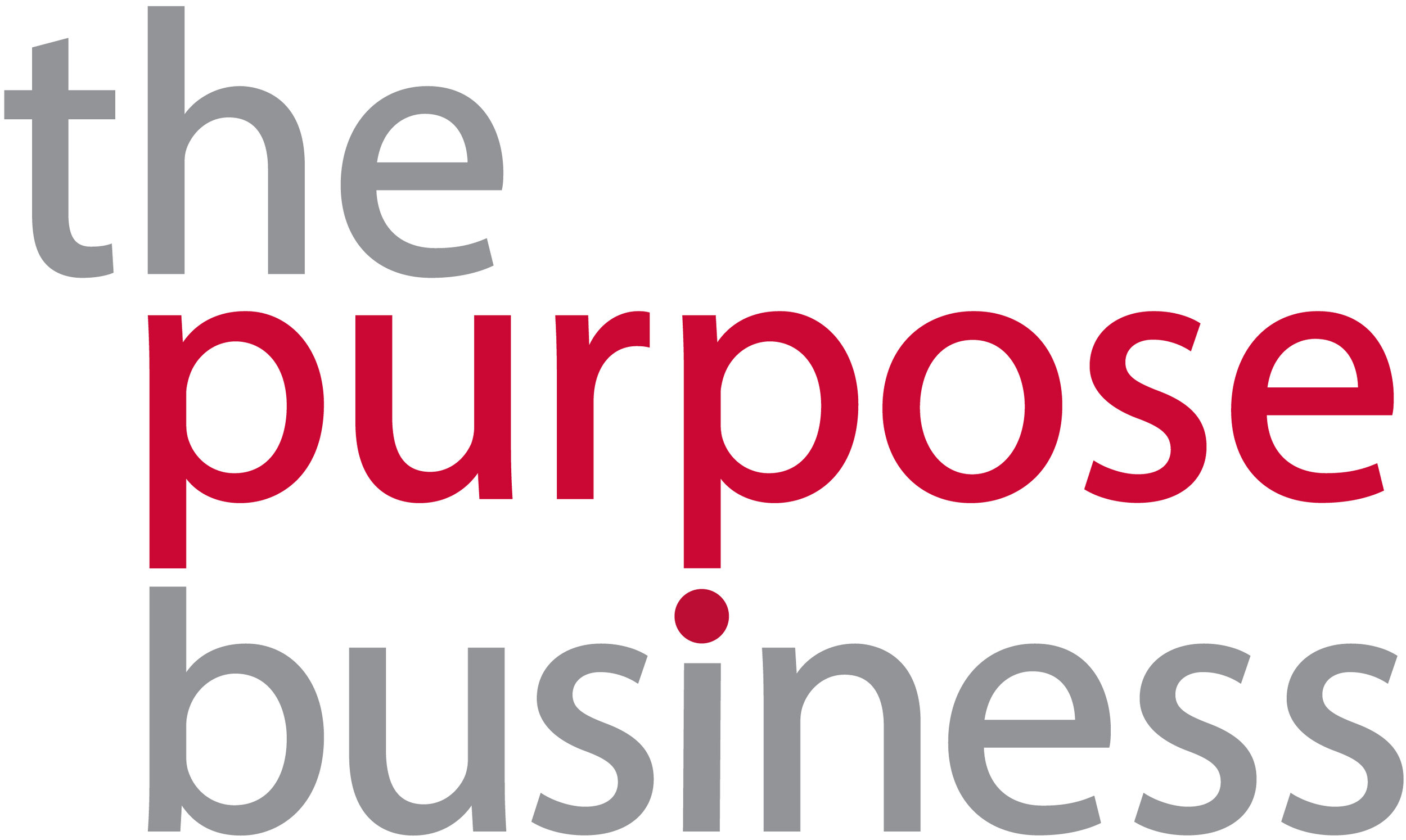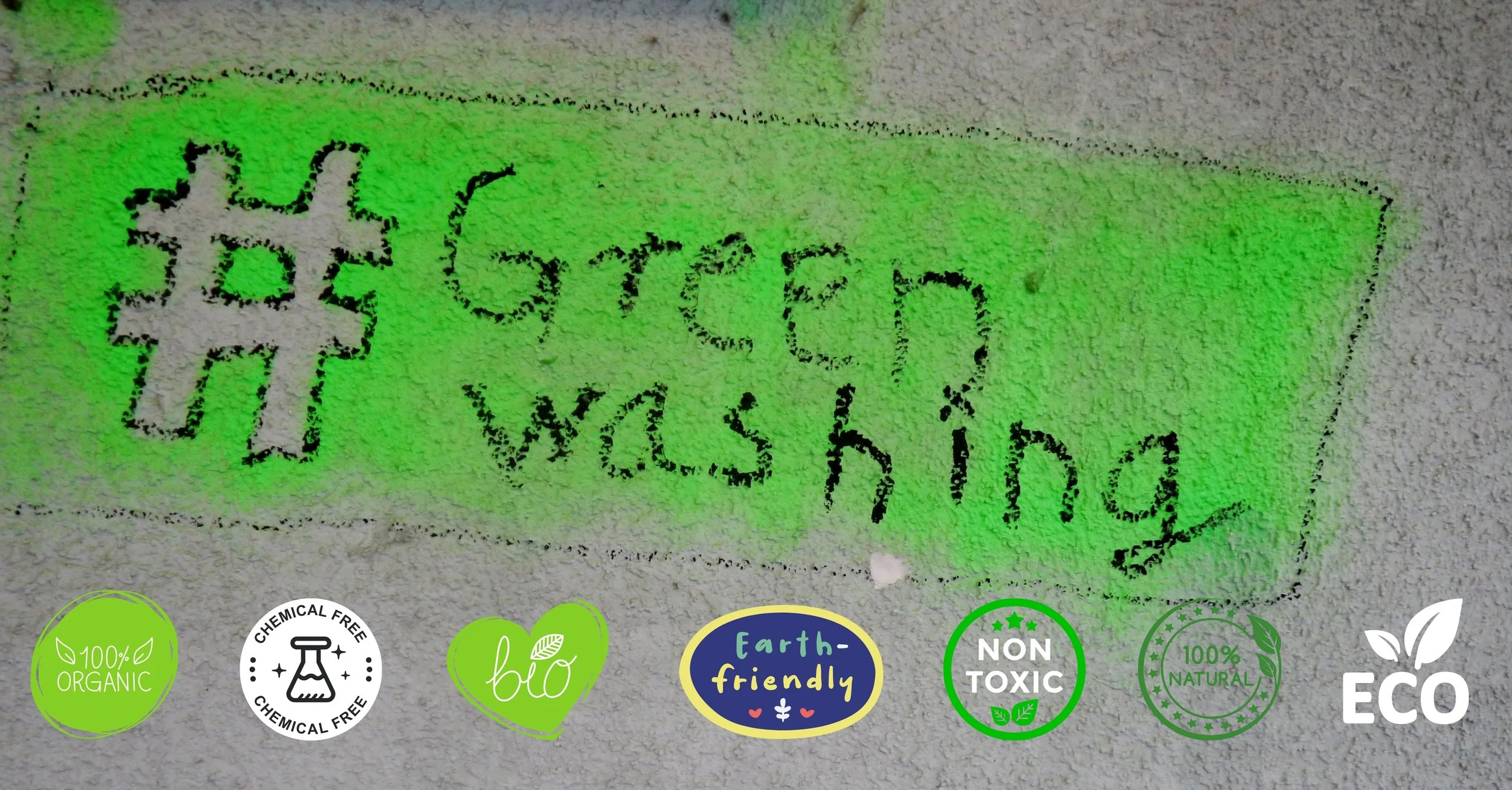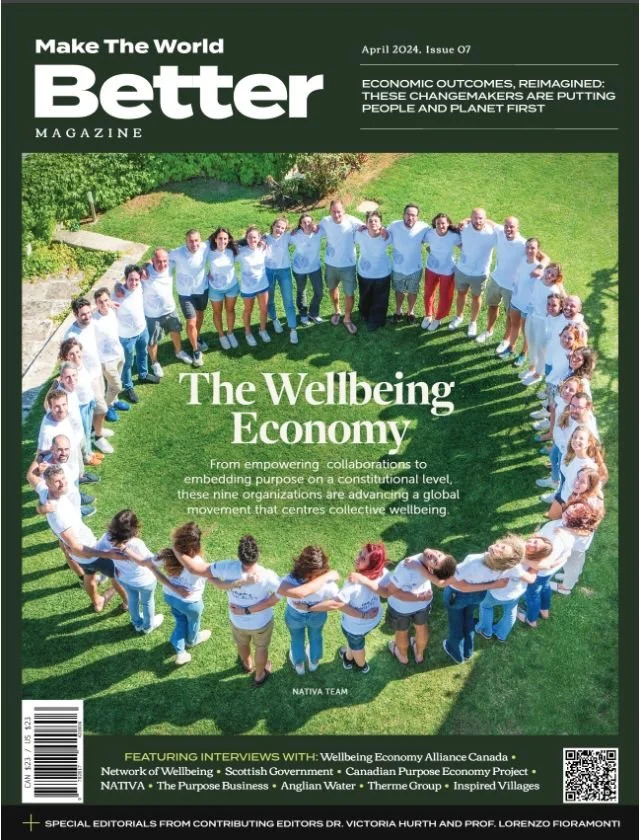Greenwashing
Have you noticed how #greenwashing is in the news a lot at the moment? Intentional strategic greenwashing aside, there are many companies that are trying to do the right thing, that are genuinely working on more sustainable practices, and that want to communicate their progress and efforts, but are now perhaps nervous of accidentally causing a greenwashing scandal.
Unintentional greenwashing can happen very easily; with the very best of resolve and desire to be better, organisations might nevertheless get too excited about their supposed solutions or communicate their intentions as if they were results. They might misinterpret data, have faulty data, or lack the data, or they might even fail to account for something.
So what can companies do to minimise the risk of accidental greenwashing?
1. Know your impact
Take the time to properly understand and have clarity on your business operations, and crucially, their impact. Things that can help with this include investing in a culture of stakeholder engagement and finding credibility through partnerships, certifications, life cycle analysis, materiality audit trails or third party checks.
2. Mindful language
Sustainability jargon, vagueness and ‘fluff’ words should be avoided and instead aim to be clear, unambiguous and understandable to every person on the street. Similarly, terms such as eco friendly should only be used in your marketing where data proves the impact.
3. Be honest
Communications transparency is essential, including no omission of important information. Where information isn’t present (yet), there is honesty in saying that it’s still being worked on and call for accountability. Being authentic about your sustainability efforts means also being honest when you fall short
When you have the above three elements locked in, and work with credible sustainability people to ensure the necessary rigour and discipline are down pat, then you will be in a stronger position to create campaigns that are both compelling and honest and that are less likely to be branded as greenwashing.




